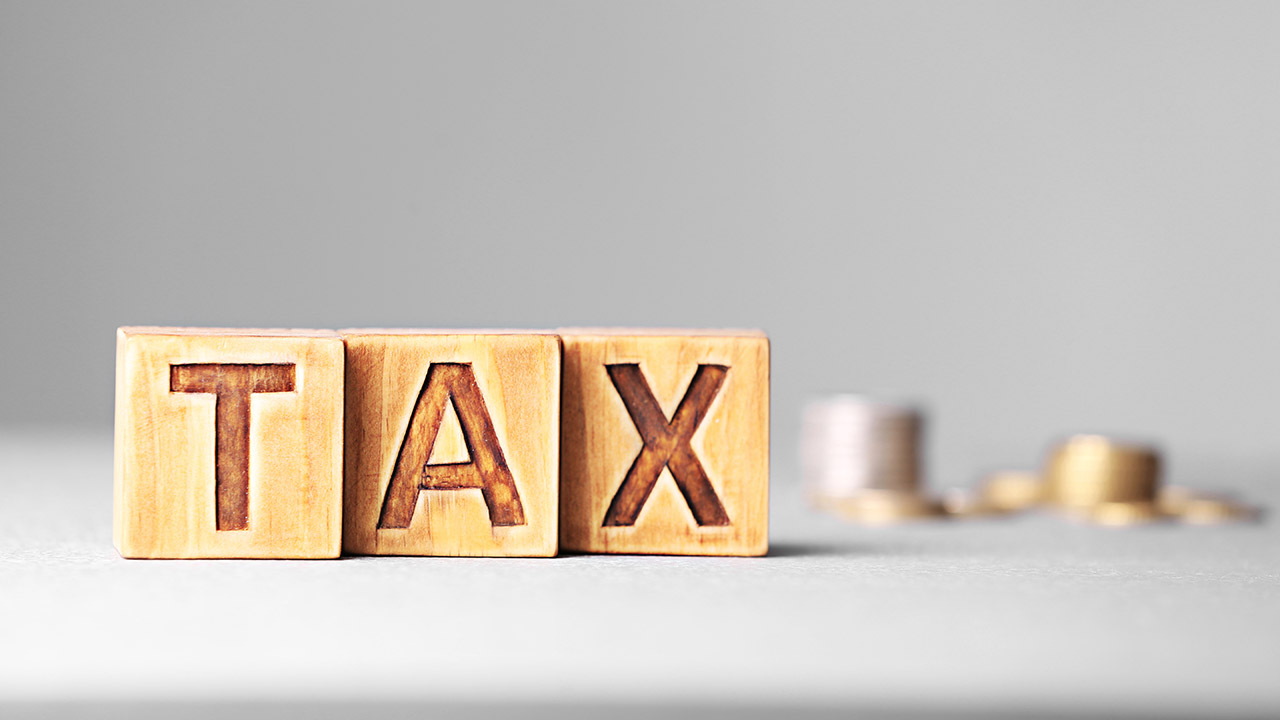What Do Your Property Taxes Dollars Go Towards?
If you’re like many other property owners, you likely cringe when you get your property tax assessment in the mail. But as annoying as it may be to have to open your wallet to pay these pesky taxes, they do actually serve an important purpose.
You’re not just throwing money at Uncle Sam; instead, you’re contributing to the greater good of your neighborhood and surrounding communities.

So, what exactly does your property tax money cover?
Public Schools
Your property taxes go toward a few different things, not just one. Public schools depend on tax dollars to be developed and to remain in operation.
This component of property taxes is typically the biggest item on just about every property tax bill; in fact, it generally accounts for more than half of it. And in areas with a large student demographic or top-rated schools, this number can be even higher. You can bet that along with highly-appraised schools come higher property values.
While public schools get plenty of their funds from the government, the biggest supply typically comes from local homeowners in the area.
Local Public Safety Departments
A big part of your tax dollars go towards paying public safety officers, including uniformed police, 9-1-1 support personnel, firefighters, paramedics, and anyone else involved in keeping the public safe. Property tax money also covers the costs associated with keeping these individuals working and on the road, including police and fire stations, and vehicles and trucks.
If any additional personnel need to be hired, or if any more cars or stations need to be added, city and municipal governments will typically have to hike property taxes to make it happen.
Public Roads and Parks
Nobody likes to drive on roads full of potholes or stroll through parks full of debris and overgrown weeds. The municipal government hires people to take care of roads, sidewalks and parks, and it’s the homeowners that flip the bill through property taxes. Such maintenance includes traffic light repairs, paving roads, filling potholes, removing snow, and other improvements.
Municipal and County-Level Operations
In order for municipalities and counties to be able to carry out their day-to-day operations, they need money. And the majority of that funding comes from property tax revenues. How the money is split up between the municipality and county is often apparent, but in may other cases, it’s not.
In some areas, money may be fully collected by one entity, then divided appropriately. For instance, you might pay your municipality for allocations on one single bill, after which the apportioned money is then sent over to the county.
How Are Property Taxes Calculated?
The amount that you pay towards your property taxes will depend on the market value of your home, as well as the pre-determined assessment rate. This rate is a percentage that will vary from one jurisdiction to another. In order to come up with your property tax obligation, the value of your property is multiplied by the assessment rate.
Whether you pay these taxes directly to the tax department or pay them through your mortgage lender, you’ll get a copy of the bill at least once each year. Make sure you take them time to look over the bill and see exactly how the money is allocated so you can get a good idea of where your hard-earned dollar is going.
Municipalities, counties, and school districts depend on property taxes to support their budgets. Without adequate funds, there wouldn’t be enough money in the pot to take care of the schools, streets, parks, and public safety officers. The more money a local government needs, the higher your property tax bill will go to meet the demands.